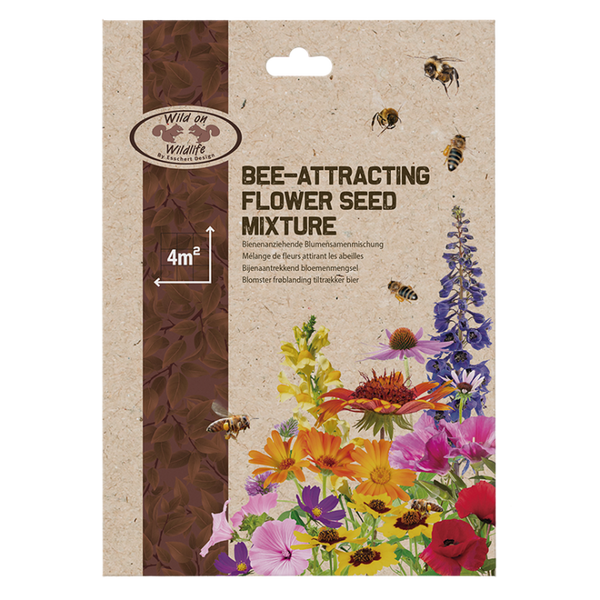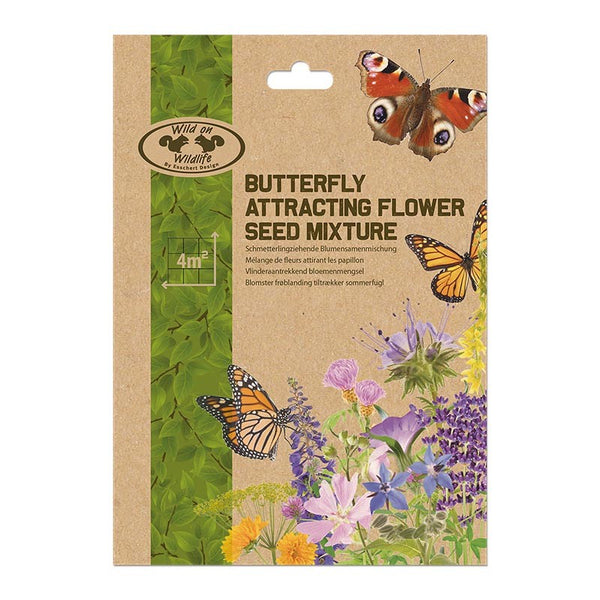Pollinators Seeds | Seeds for Bees and Pollinators
Seeds for Bees and Pollinators
Attract bees, butterflies and other pollinators to your garden with our range of Pollinator seeds
What is a Pollinator?
A pollinator is an organism, typically an animal or insect, that transfers pollen from the male reproductive organs (anthers) of a flower to the female reproductive organs (stigma) of the same or another flower. This process is essential for the fertilization of many plants, as it allows for the transfer of genetic material and the production of seeds. The most common pollinators include bees, butterflies, moths, beetles, birds, and certain mammals.
What is Pollination?
Pollination is a crucial ecological process that facilitates the reproduction of flowering plants. It plays a vital role in maintaining biodiversity and ecosystem stability, as well as in agricultural production. Many crops, such as fruits, vegetables, and nuts, depend on pollinators for successful fertilization and the production of viable seeds or fruits. The decline of pollinator populations can have significant impacts on both natural ecosystems and agriculture.
Why is Pollination Important?
Pollination is essential for bees and other pollinators because it is a critical part of their life cycle and contributes to their overall well-being. Here are some reasons why pollination is beneficial for bees:
Food Source: Many bees, especially honeybees, collect nectar from flowers as a primary source of energy. Nectar is a sugary substance produced by flowers to attract pollinators. Bees feed on nectar and pollen, and this nutrition is vital for their survival and development.
Honey Production: Honeybees, in particular, use nectar collected from flowers to produce honey. Bees transform the sugary nectar into honey through a process of regurgitation and enzymatic activity. Honey serves as a long-term energy source for bees, especially during times when floral resources are scarce.
Biodiversity: Bees play a crucial role in maintaining biodiversity by contributing to the reproduction of a wide variety of plants. The diversity of flowering plants is closely linked to the diversity of bee species. As bees visit different types of flowers, they contribute to the health and sustainability of various ecosystems.
Pollination is not just good for bees; it is essential for their survival, reproduction, and overall ecological role. The intricate relationship between bees and flowering plants highlights the interdependence of species in ecosystems.




